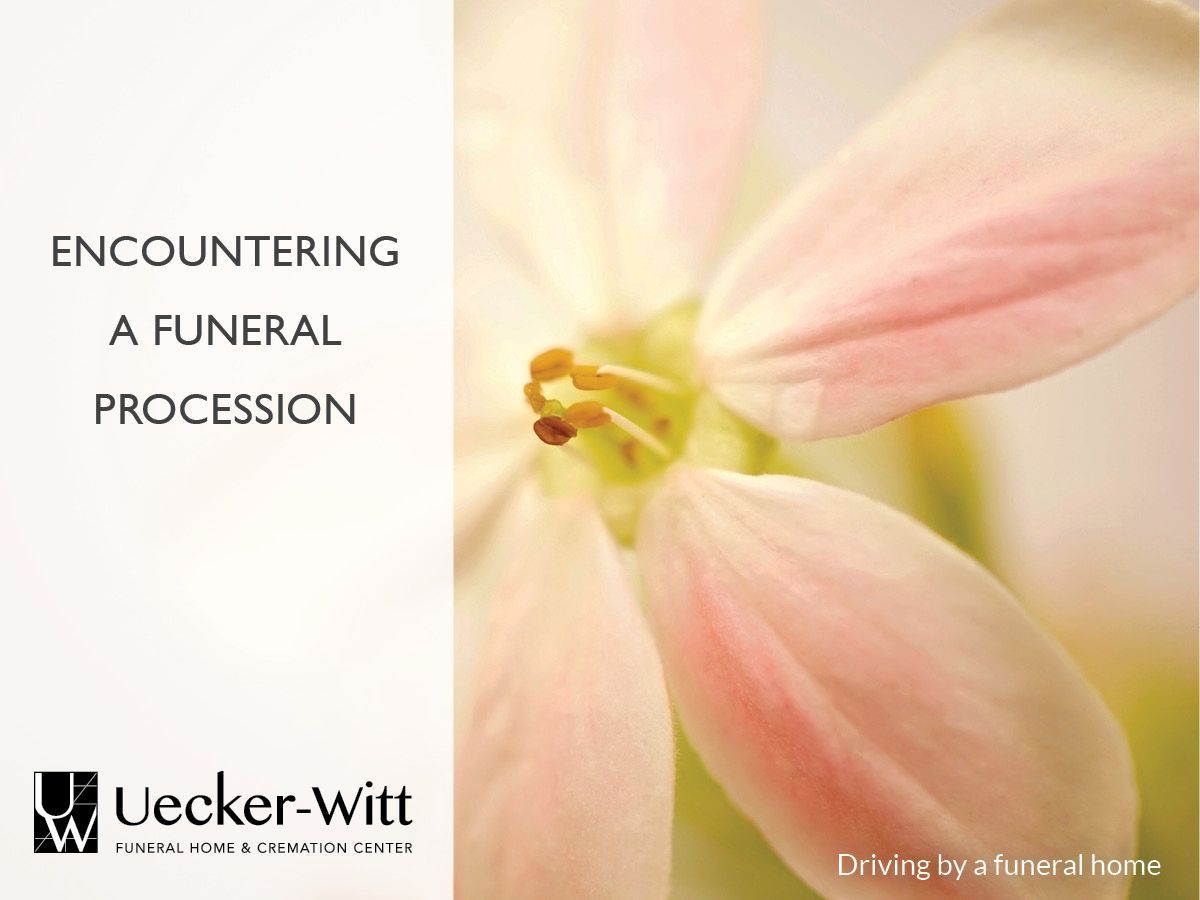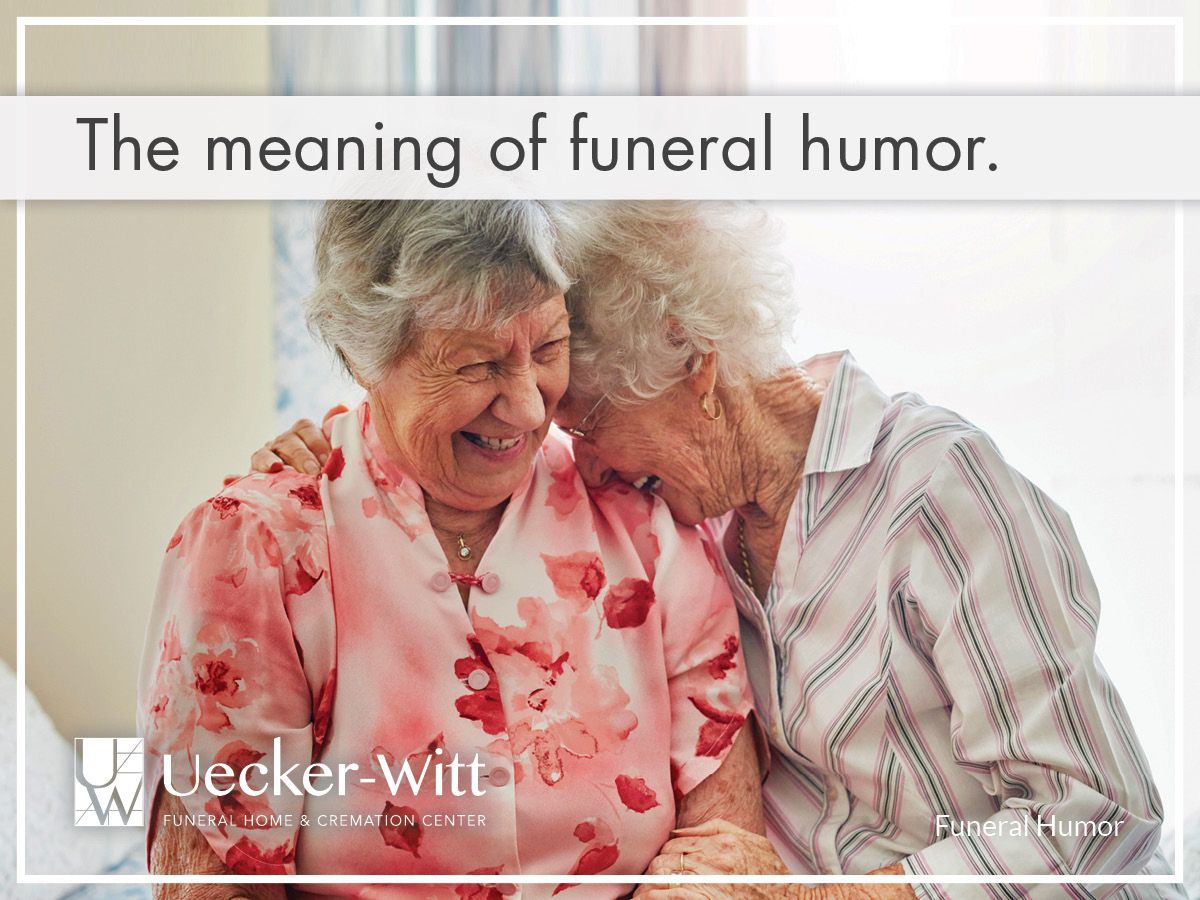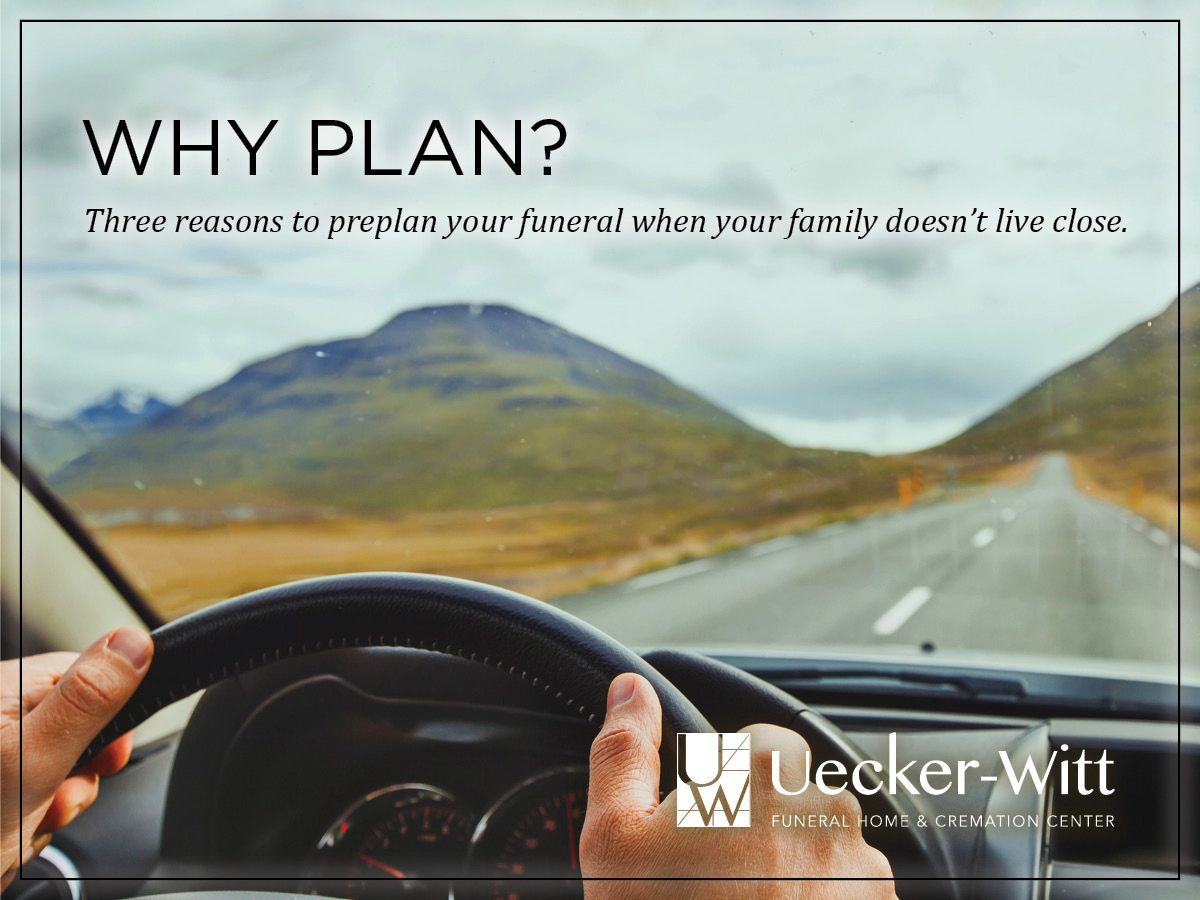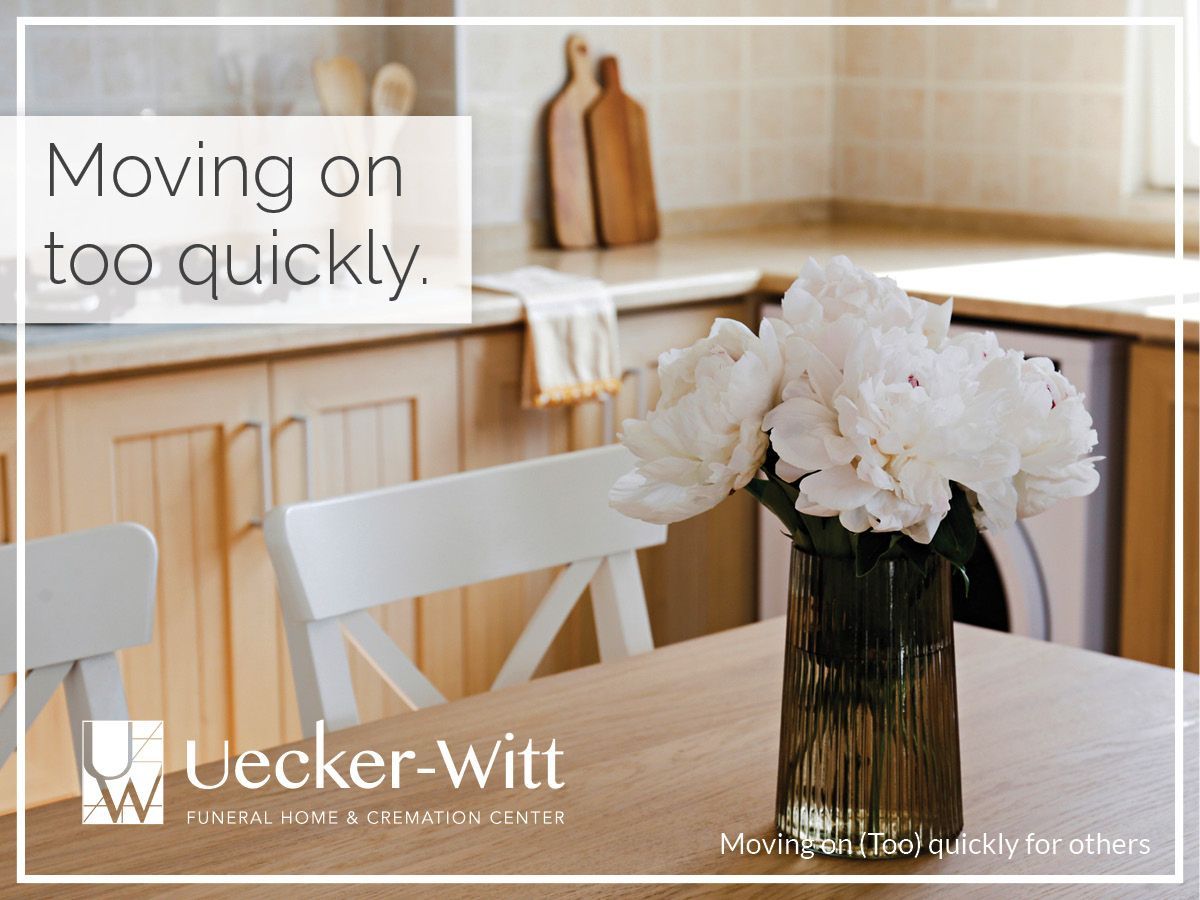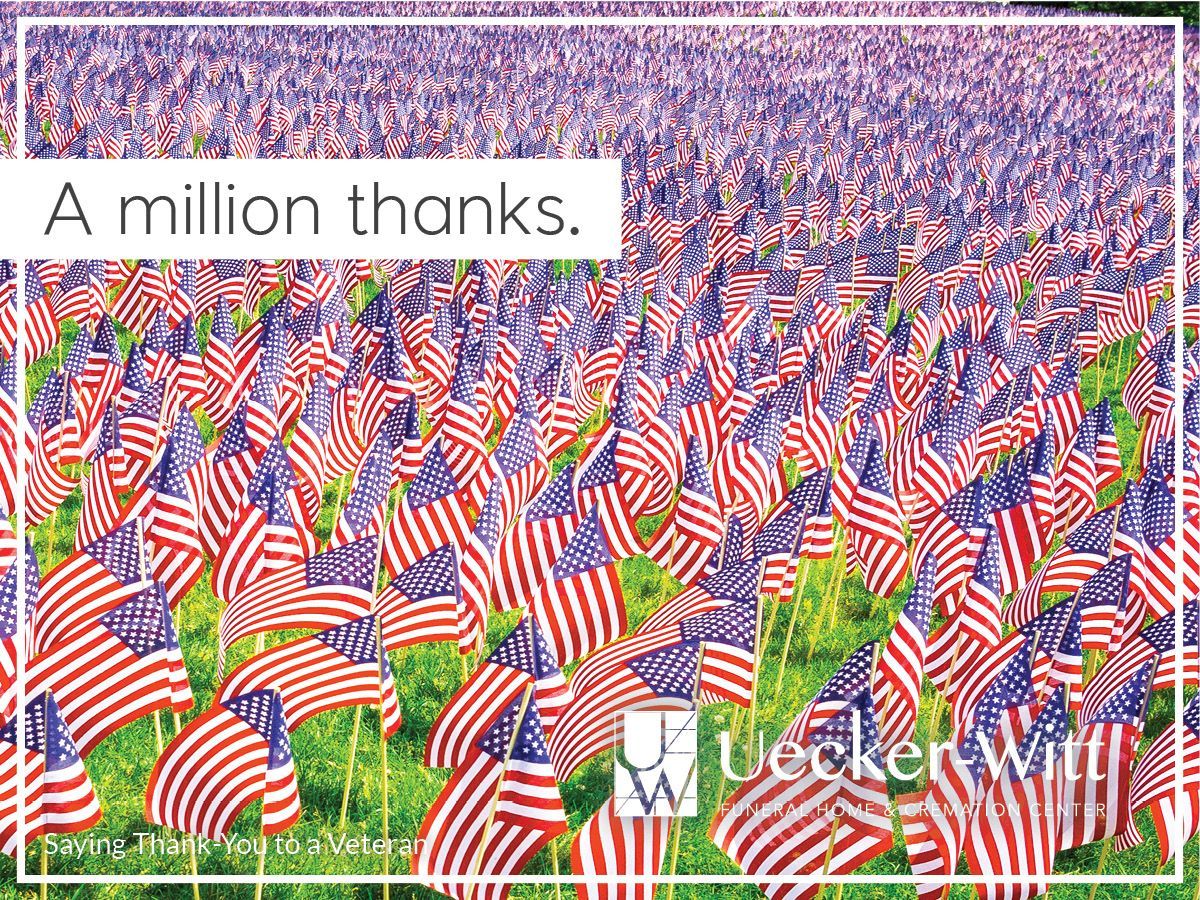Control funeral costs by planning ahead
How does planning for your funeral in advance save you money? Doesn’t it just let the funeral home make money on your money? How big a part should emotion play in your funeral selections?
First, let’s be honest. Emotion is not a bad thing. Some life events should move us emotionally.
Marriage, birth, and death all appropriately tug at our heartstrings. But the cost of all three can also get out of hand if you make all the decisions when emotions are running high.
Put the word “wedding” in front of anything and the cost doubles. If you’ve ever planned a wedding you know that the dress will cost you half as much if you buy it far in advance instead of just before you need it. The same is true of funerals.
When you and your spouse sit down together with the funeral director, well in advance, you’ll feel a little emotion as you consider the reality of your death.
But that little tug is nothing compared to what your husband or wife will feel if you don’t prepare in advance and they’re making those decisions alone hours after you’ve died.
Emotional overspending happens. Funeral directors don’t make it happen. In fact, they don’t like it either.
Advance planning allows you to make all the decisions that determine the final cost. Making them together with cool heads and warm hearts saves dollars.
Planning ahead eliminates the excessive spending that can occur when someone is in a heightened emotional state.
Think back to wedding planning.
Starting early can also help you absorb the cost over a longer period of time. That means you don’t drag the wedding debt into your brand new marriage.
When you plan your funeral in advance, you will also have the option of paying for it over time. That means you don’t have to take money from your savings or investments and your survivors won’t have the financial burden of paying for your funeral days after your passing. Advance planning eliminates the need for a lump sum payment when death occurs.
All money set aside in advance for a funeral should be held with a third party. Nearly all funeral homes participate in programs that hold the dollars in either insurance or a trust product until the death occurs.
The funeral home should not have access to your funds and the insurance products they use should have an increasing death benefit to help offset inflation, providing a cushion for increasing funeral costs.
Consult with an advance planning specialist for more details.
